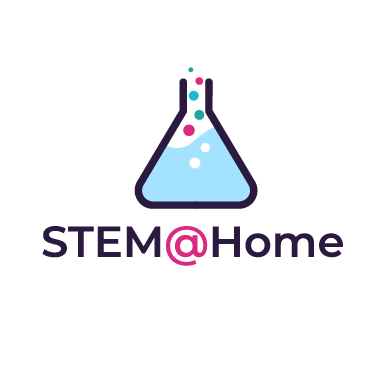How science practicals can make your child a better person in society
As a parent, you want what's best for your child. You want them to grow up to be kind, strong, autonomous individuals who contribute positively to society. And while you can't control everything that happens to them, you can certainly give them a head start by supporting them in their science classes which can have lots of hands-on practicals. Here's how science practicals can make your child a better person in society.
Practical Participation Helps Children Develop Social Skills
One of the most important things you can do for your child is to help them develop strong social skills. After all, it's through our interactions with others that we learn how to communicate effectively, resolve conflict, and form lasting relationships. And there's no better way to help children develop social skills than through hands-on participation in class practicals.
In a science class, children are placed in an environment where they have to work together to complete tasks and solve problems. This gives them an opportunity to practice their communication skills, learn how to take turns and share resources, and resolve disagreements in a productive way. As they work together on practical tasks, they'll also develop a stronger sense of empathy and understanding for others. All of these skills will serve them well as they navigate their way through the complex social world they live in.
Science Practicals Also Help Children Develop Their Autonomy
In addition to helping children develop strong social skills, science practicals also play an important role in helping children develop their autonomy. When children are given the opportunity to explore and experiment with materials on their own, they're able to develop a sense of agency and control over their learning. This is an important foundation for later success in life, when they'll be expected to take more responsibility for their own learning and make decisions independently. Moreover, by allowing children to direct their own learning in this way, we're giving them the chance to learn at their own pace and in their own style, which research has shown is more effective than traditional teaching methods. This is the mindset that STEM@Home was developed with. We believe that science practicals are important but more often than not, they are rushed in schools due to time constraints. How much creative freedom can a student have in a practical if their lessons are only 45 or 50 minutes long? STEM@Home lets students do their science practicals that they would do in school but in their own time for as long as they want.
Science Practicals Allow Students To Engage With And Influence Their Learning
Another important benefit of science practicals is that they allow students to engage with and influence their learning in a way that's not possible with traditional teaching methods. When students are actively involved in planning and carrying out experiments, they're more likely to be engaged with the material and remember it later on. What's more, by allowing students to have a say in what they're learning and how they're learning it, we're giving them a sense of ownership over their education that will stay with them long after they've left school.
As you can see, there are many benefits to enrolling your child in science classes with lots of hands-on practicals. So if you want your child to grow up to be a kind, strong, autonomous individual who contributes positively to society, don't hesitate to get some STEM@Home boxes and let them take control of their own narrative today!



